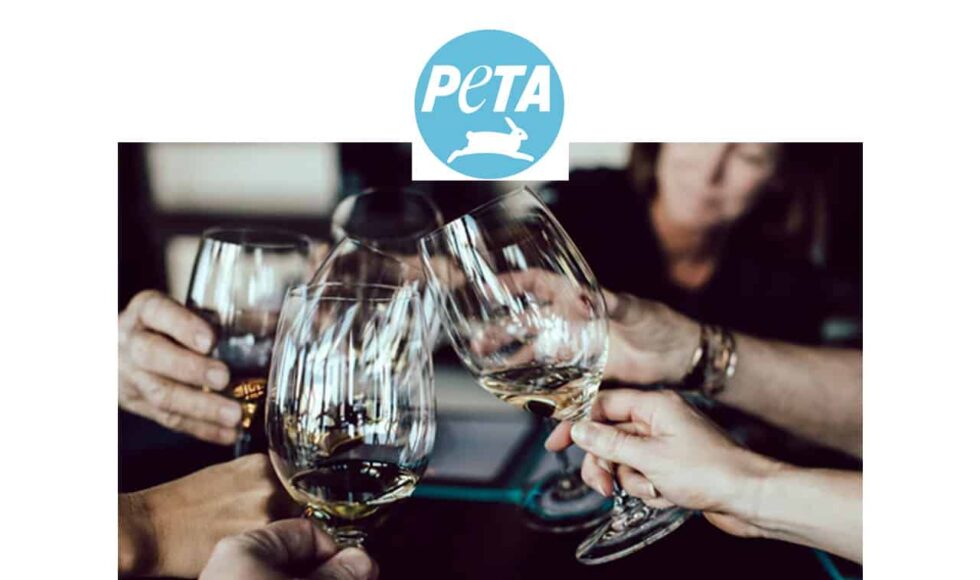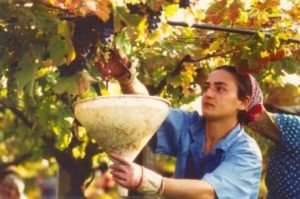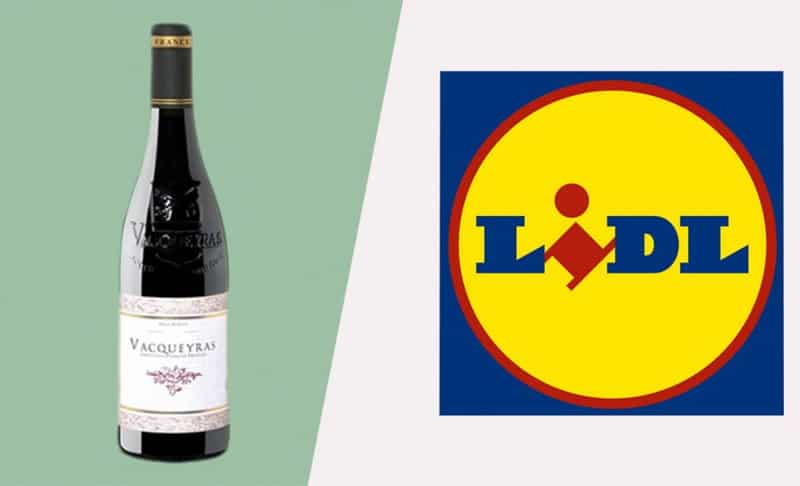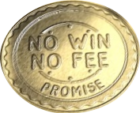A Law Firm for Truth and Transparency in Vegan Labeling
Carissa Kranz, a former prosecutor, big law litigator at Greenberg Traurig, national television legal expert and show host in New York for Law and Crime Network, runs her own law firm — the Law Offices of Carissa Kranz — and has taken her law practice to new heights by raising the standard of consumer transparency for vegan regulation and vegan labeling. Kranz, is the founder and CEO of BevVeg International, and her law firm manages vegan certification of products worldwide. “The BevVeg certification seal is literally a stamp of approval for conscious companies,” states Kranz.
The law group is working to raise the standard for consumer transparency by bringing truth to an area that is otherwise unregulated. The term “vegan” is not regulated by the USDA, FDA, TTB, or government entity, so it is easy for many to self-certify a product vegan even though there may be some aspects of the supply chain that vegans will take issue with. For example, legally, a supplier may not have to disclose animal-based ingredients in its products or process. “The law is not defined,” explained Kranz. “BevVeg is here to help define the standard and raise the standard. We ask the tough questions so consumers can buy with confidence.”
BevVeg lawyers defined the BevVeg vegan standard, which is referenced below. Logo use is licensed to companies whose product research reveals results in alignment with this BevVeg vegan standard.
No animal ingredients or animal by-products used in the processing, clarification, filtration, de-acidification, or manufacturing before bottling or packaging. We also investigate whether the product manufacturing, bottling and packaging is from a shared facility, or outsourced or sub-licensed to a facility that may compromise the vegan integrity or cause cross-contamination. If Sugar is used, we require proof that manufacturer uses zero bone char (often disguised as “natural charcoal”). Likewise, we require proof from source ingredient manufacturers to ensure those listed parent ingredients also maintain vegan integrity. No animal testing on the BevVeg! certified product.
As a law firm, BevVeg manages the certification process, cross-examines the applied for products, and signs off on the certifications after a well-researched deliberation process. “Attorneys by nature are regulators and researchers,” notes Kranz. “As lawyers, we are here to advocate, define and regulate, which is just as important as our other well-defined regulatory laws. Animals matter. Environment matters. Health matters. Consumer transparency matters. Accountability matters. Honest and thorough information gathering matters. Bottom line: Certification by BevVeg matters.”
The BevVeg certification seal means that product can be trusted, because that brand consulted with BevVeg and disclosed trade secrets to BevVeg attorneys in the spirit of full transparency, Kranz explained. “It’s not just about being transparent, it’s about being forthcoming with information.” The BevVeg logo is one the consumer can trust as use of the logo is always licensed with proper disclosures, due diligence, and granted with the utmost integrity. BevVeg gives the consumer what they are demanding: truth, transparency, information, and accountability,” Kranz noted.
The law firm has gained an international reputation certifying products worldwide. Recently, the firm worked with world-renowned sushi restaurant Nobu to certify O.R.E. Raw Vegan Gin on its menu, Summerhill Pyramid Winery, the most visited winery in British Columbia, Leopard Frog United Nations of Wine in South Africa, Broadland Wineries in the United Kingdom, Priam Vineyards in Connecticut, Vice Wine in Napa, and alongside supermodel, Christie Brinkley to certify her line of Italian wines, Bellissima Prosecco.
The BevVeg vegan logo and law firm process was further featured in Forbes, California Wine Advisor, PETA, CBS News, NBC News, the Minnesota Growler, Hamptons Social Life Magazine, Bar Tender Magazine, Drinkhacker, Vegetarian Resource Group, LiveKindly Magazine, at Seed Food & Wine Summit, and is endorsed and used by celebrity Christie Brinkley.
BevVeg has a FREE consumer app cataloging BevVeg certified vegan and non-vegan alcoholic beverages. “Many are shocked to learn their beverages could be filtered through animal parts,” notes Kranz. This app is updated constantly based on new information and will soon be launching a food and product category within the existing app. You can download the free app here:
iPhone App Download
Android App Download
BevVeg has two logos. One for certified vegan alcoholic beverages, and one for other certified vegan products. For more information on BevVeg vegan certification, check out www.beveg.com and for more information on BevVeg founder and CEO, Carissa Kranz, Esq., the impressive lifelong vegan who has made her passion and purpose her profession, visit www.carissakranz.com.
A Law Firm for Truth and Transparency in Vegan Labeling
Carissa Kranz, a former prosecutor, big law litigator at Greenberg Traurig, national television legal expert and show host in New York for Law and Crime Network, runs her own law firm — the Law Offices of Carissa Kranz — and has taken her law practice to new heights by raising the standard of consumer transparency for vegan regulation and vegan labeling. Kranz, is the founder and CEO of BevVeg International, and her law firm manages vegan certification of products worldwide. “The BevVeg certification seal is literally a stamp of approval for conscious companies,” states Kranz.
The law group is working to raise the standard for consumer transparency by bringing truth to an area that is otherwise unregulated. The term “vegan” is not regulated by the USDA, FDA, TTB, or government entity, so it is easy for many to self-certify a product vegan even though there may be some aspects of the supply chain that vegans will take issue with. For example, legally, a supplier may not have to disclose animal-based ingredients in its products or process. “The law is not defined,” explained Kranz. “BevVeg is here to help define the standard and raise the standard. We ask the tough questions so consumers can buy with confidence.”
BevVeg lawyers defined the BevVeg vegan standard, which is referenced below. Logo use is licensed to companies whose product research reveals results in alignment with this BevVeg vegan standard.
No animal ingredients or animal by-products used in the processing, clarification, filtration, de-acidification, or manufacturing before bottling or packaging. We also investigate whether the product manufacturing, bottling and packaging is from a shared facility, or outsourced or sub-licensed to a facility that may compromise the vegan integrity or cause cross-contamination. If Sugar is used, we require proof that manufacturer uses zero bone char (often disguised as “natural charcoal”). Likewise, we require proof from source ingredient manufacturers to ensure those listed parent ingredients also maintain vegan integrity. No animal testing on the BevVeg! certified product.
As a law firm, BevVeg manages the certification process, cross-examines the applied for products, and signs off on the certifications after a well-researched deliberation process. “Attorneys by nature are regulators and researchers,” notes Kranz. “As lawyers, we are here to advocate, define and regulate, which is just as important as our other well-defined regulatory laws. Animals matter. Environment matters. Health matters. Consumer transparency matters. Accountability matters. Honest and thorough information gathering matters. Bottom line: Certification by BevVeg matters.”
The BevVeg certification seal means that product can be trusted, because that brand consulted with BevVeg and disclosed trade secrets to BevVeg attorneys in the spirit of full transparency, Kranz explained. “It’s not just about being transparent, it’s about being forthcoming with information.” The BevVeg logo is one the consumer can trust as use of the logo is always licensed with proper disclosures, due diligence, and granted with the utmost integrity. BevVeg gives the consumer what they are demanding: truth, transparency, information, and accountability,” Kranz noted.
The law firm has gained an international reputation certifying products worldwide. Recently, the firm worked with world-renowned sushi restaurant Nobu to certify O.R.E. Raw Vegan Gin on its menu, Summerhill Pyramid Winery, the most visited winery in British Columbia, Leopard Frog United Nations of Wine in South Africa, Broadland Wineries in the United Kingdom, Priam Vineyards in Connecticut, Vice Wine in Napa, and alongside supermodel, Christie Brinkley to certify her line of Italian wines, Bellissima Prosecco.
The BevVeg vegan logo and law firm process was further featured in Forbes, California Wine Advisor, PETA, CBS News, NBC News, the Minnesota Growler, Hamptons Social Life Magazine, Bar Tender Magazine, Drinkhacker, Vegetarian Resource Group, LiveKindly Magazine, at Seed Food & Wine Summit, and is endorsed and used by celebrity Christie Brinkley.
BevVeg has a FREE consumer app cataloging BevVeg certified vegan and non-vegan alcoholic beverages. “Many are shocked to learn their beverages could be filtered through animal parts,” notes Kranz. This app is updated constantly based on new information and will soon be launching a food and product category within the existing app. You can download the free app here:
iPhone App Download
Android App Download
BevVeg has two logos. One for certified vegan alcoholic beverages, and one for other certified vegan products. For more information on BevVeg vegan certification, check out www.beveg.com and for more information on BevVeg founder and CEO, Carissa Kranz, Esq., the impressive lifelong vegan who has made her passion and purpose her profession, visit www.carissakranz.com.



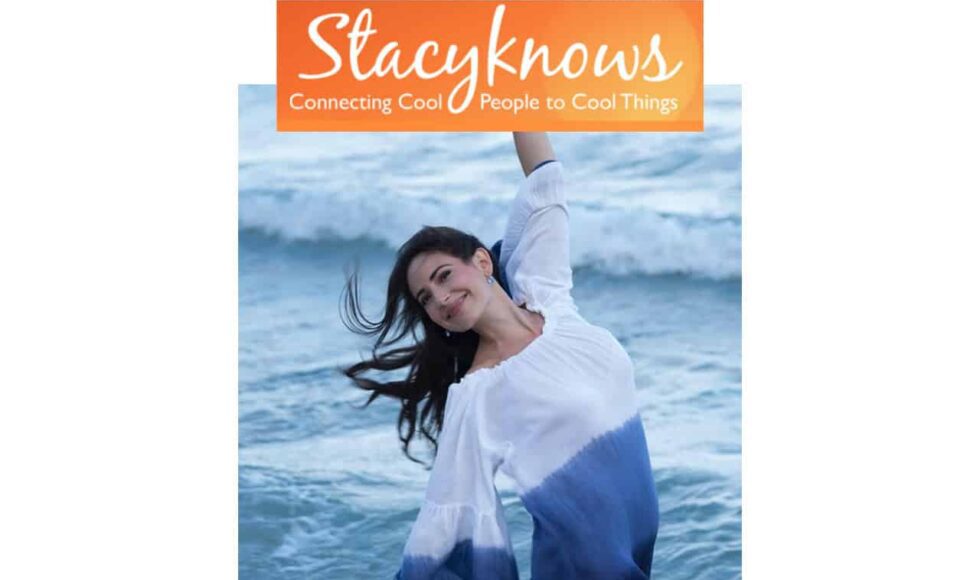
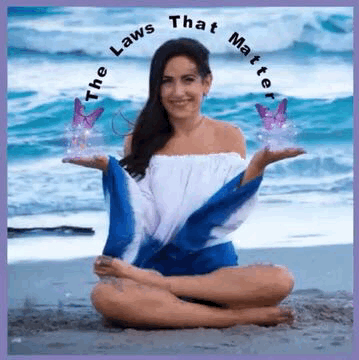
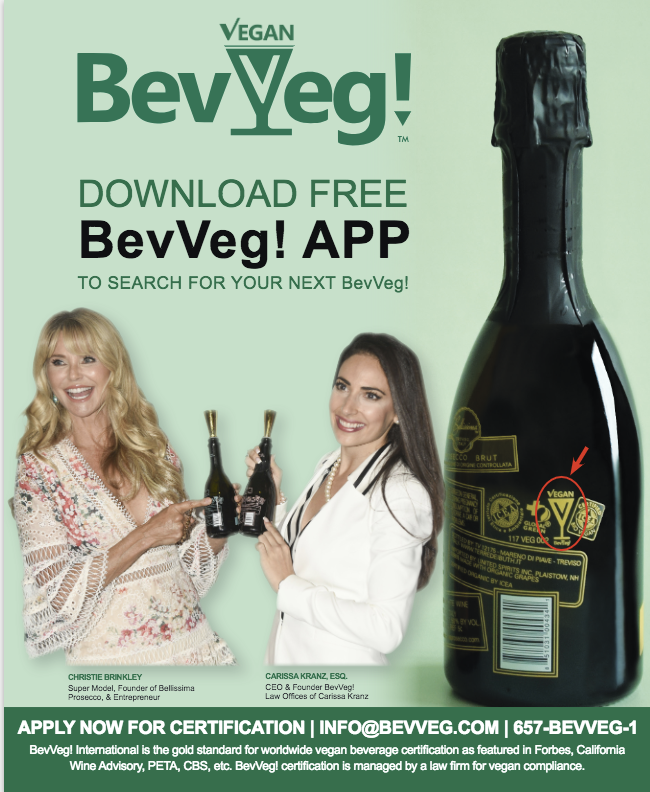
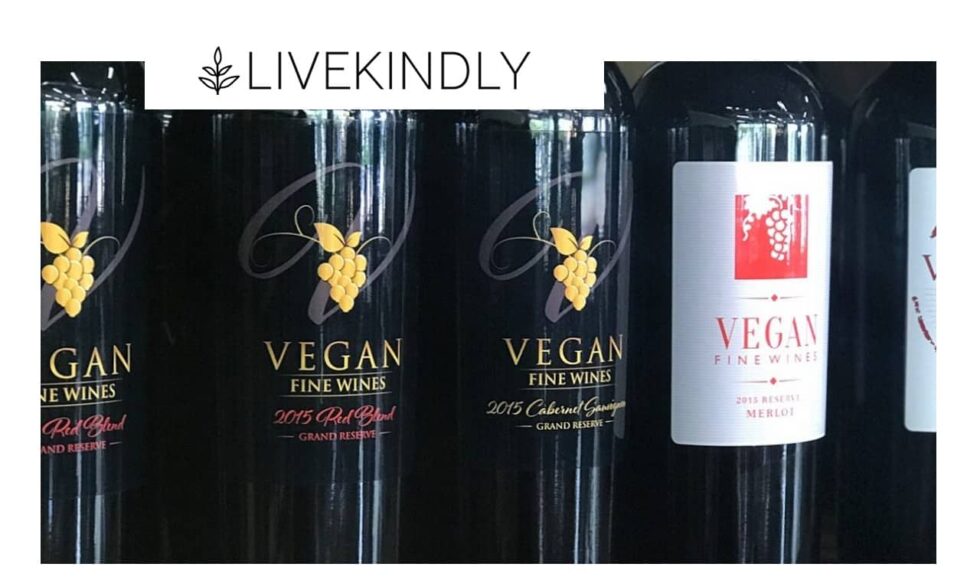
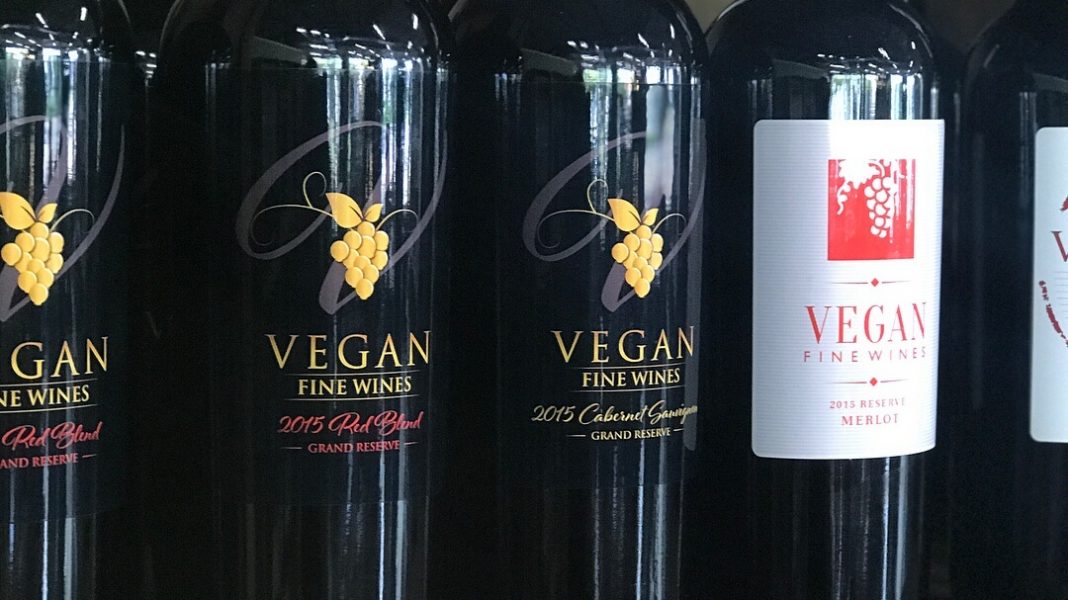
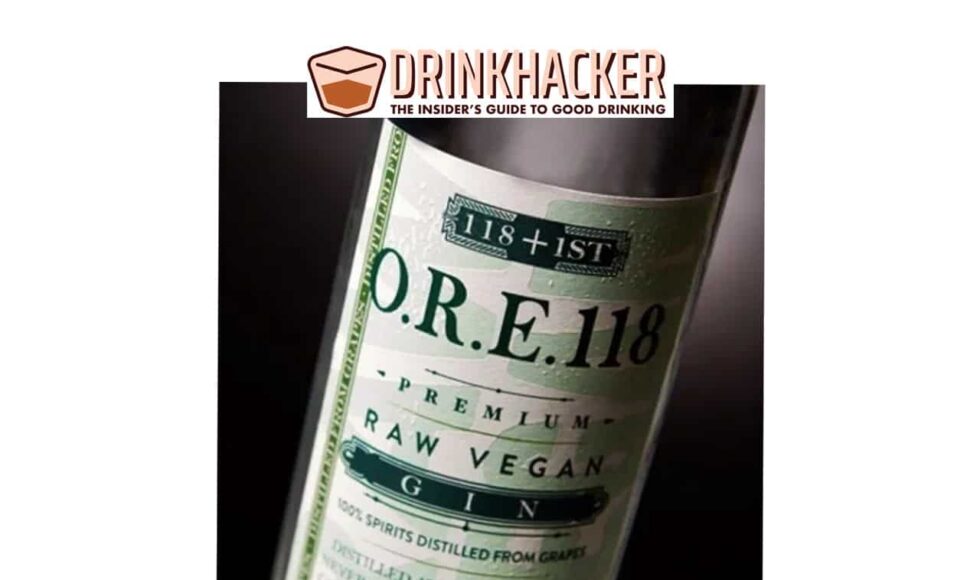

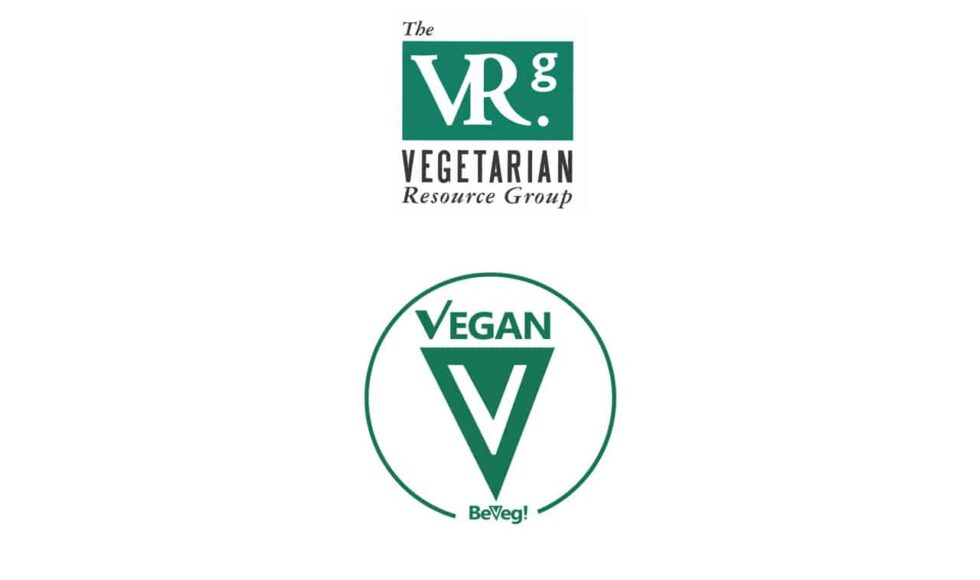
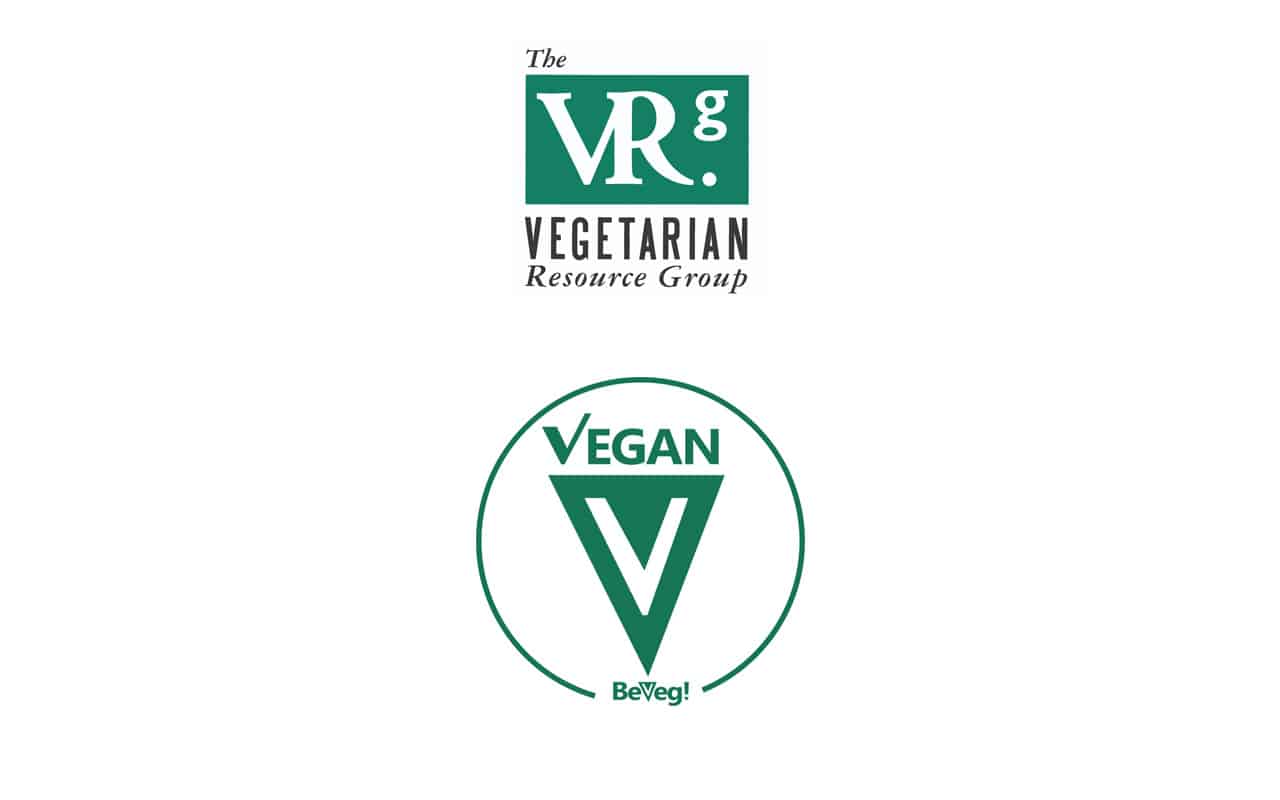 The BeVeg Label for vegan beverages, food, and consumer products was created in November 2017 by Founder and CEO, Carissa Kranz, Esq., a vegan from birth. She, along with fellow vegan lawyers, Alyse Bentz and Penny Furr, hope to set a higher standard for companies wanting to call their products vegan. BevVeg! is an intended play on words to imply BE VEG.
The BeVeg Label for vegan beverages, food, and consumer products was created in November 2017 by Founder and CEO, Carissa Kranz, Esq., a vegan from birth. She, along with fellow vegan lawyers, Alyse Bentz and Penny Furr, hope to set a higher standard for companies wanting to call their products vegan. BevVeg! is an intended play on words to imply BE VEG.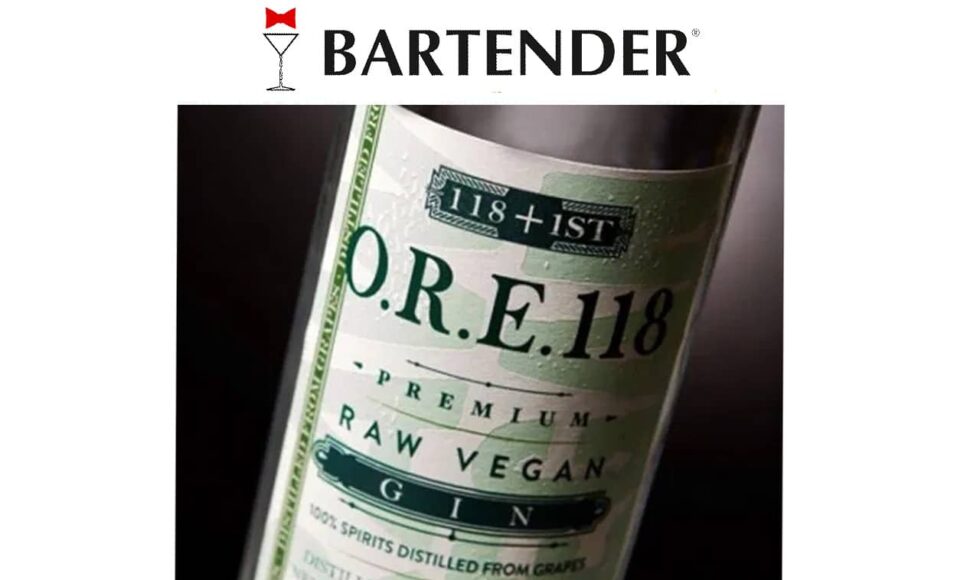
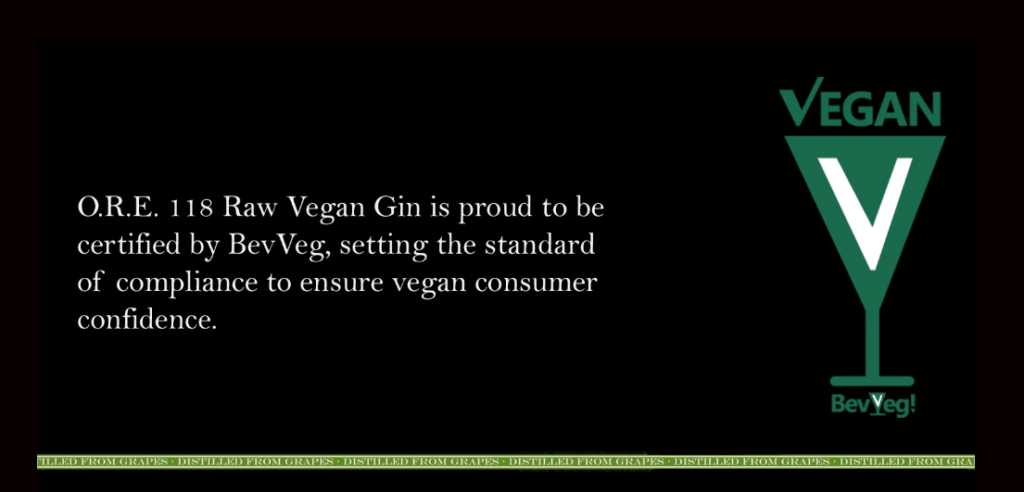
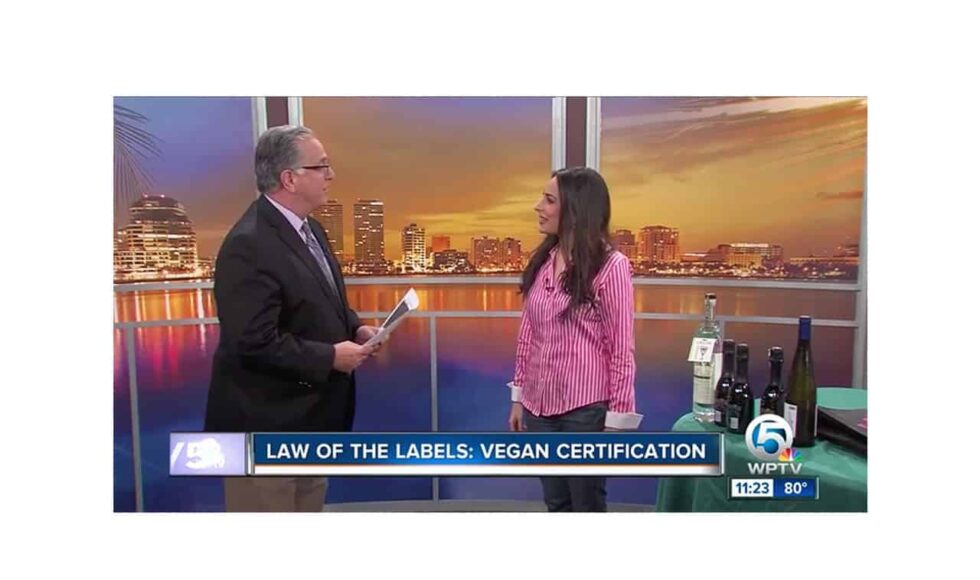
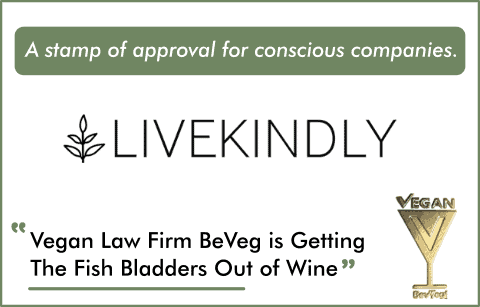

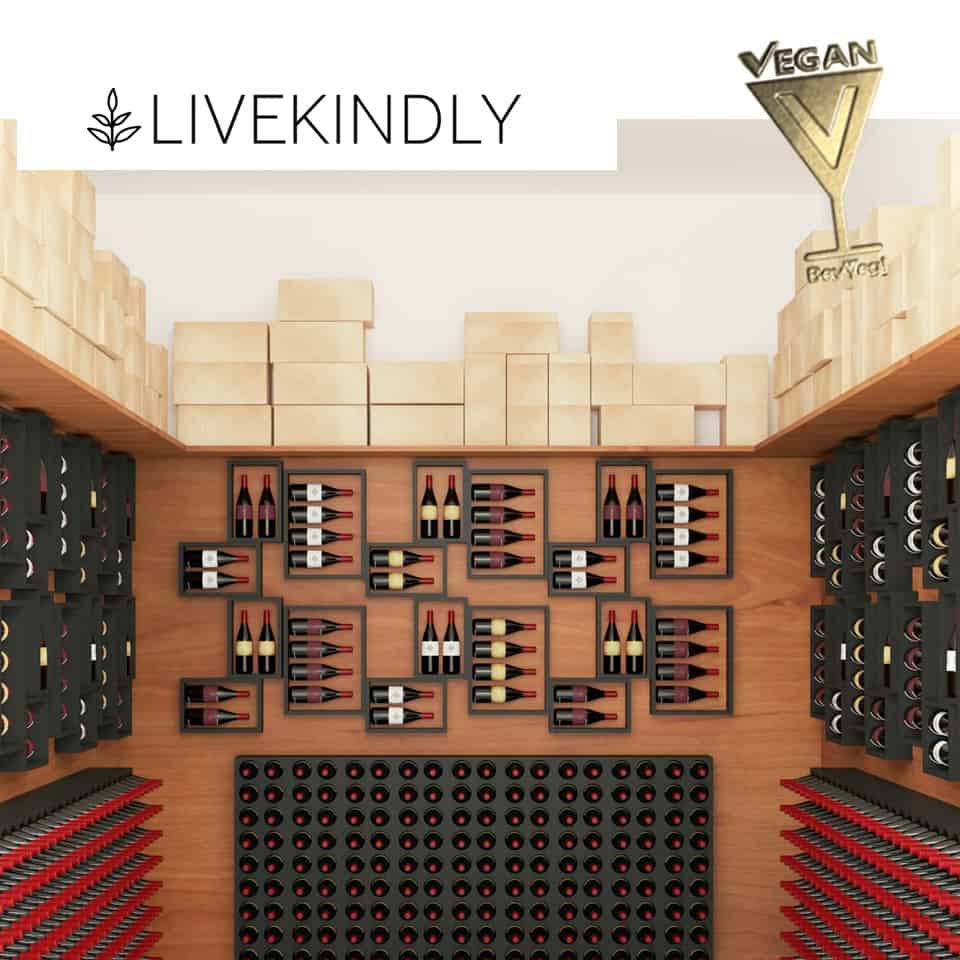
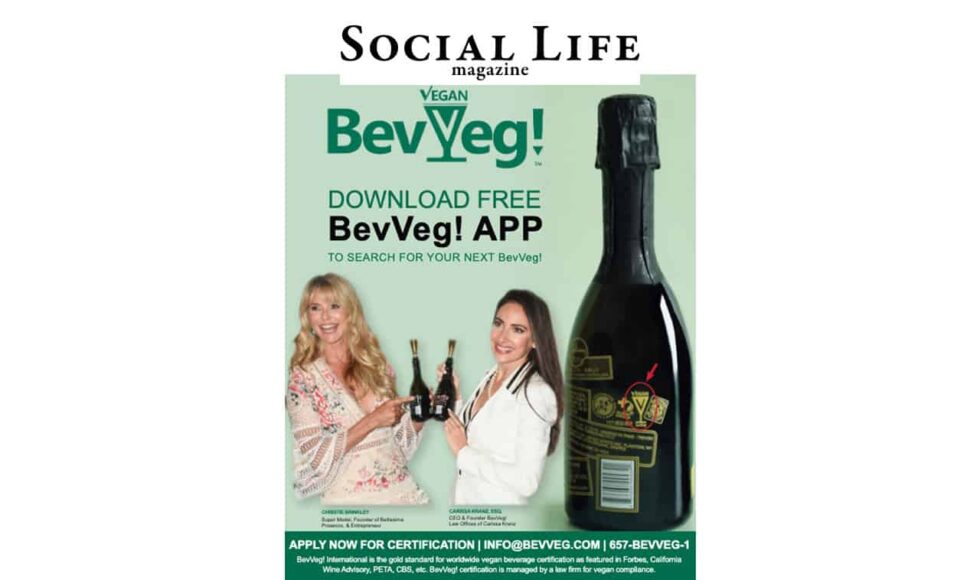
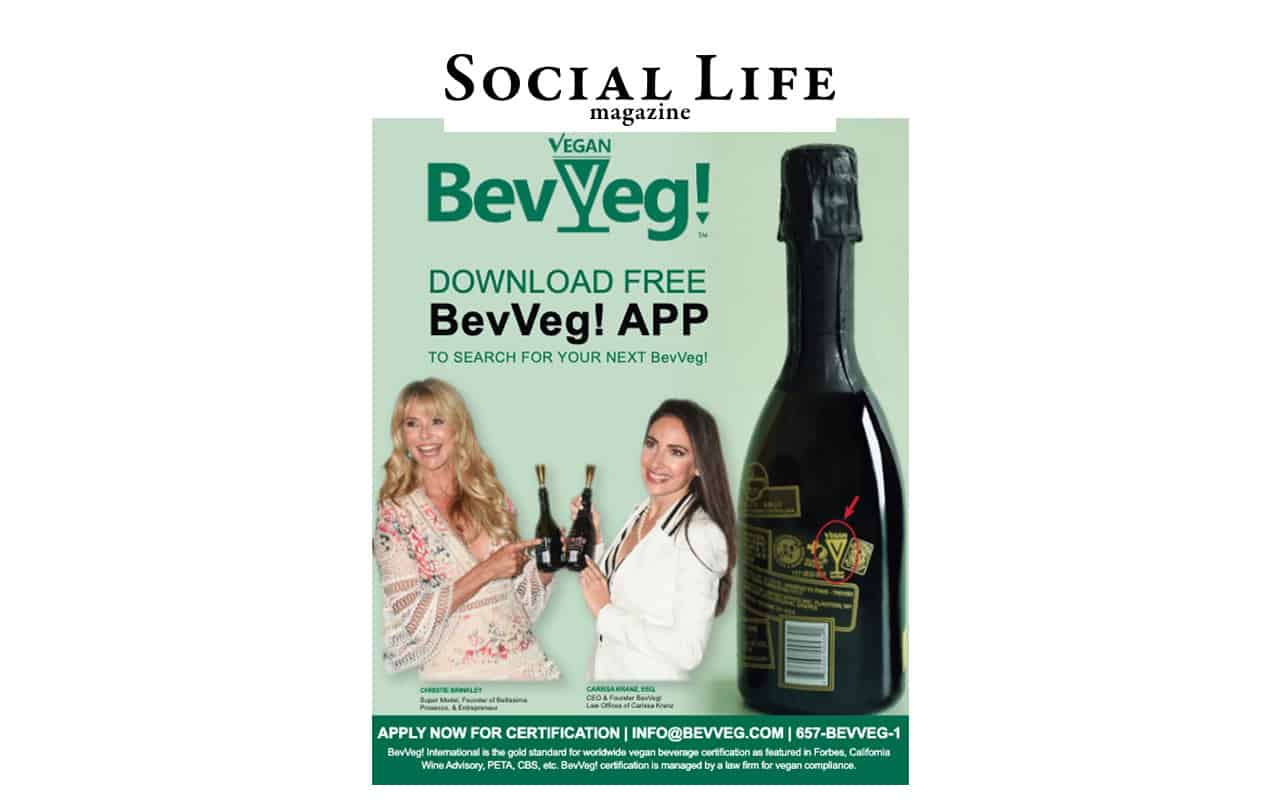 You can read the magazine
You can read the magazine 